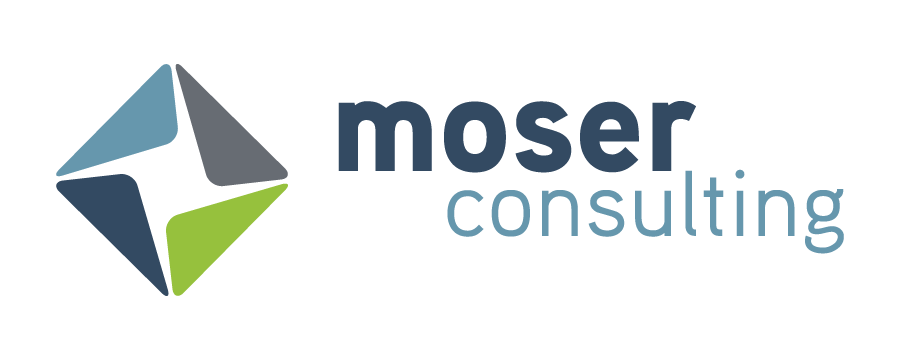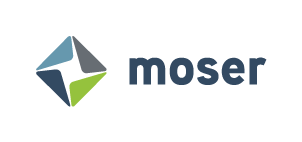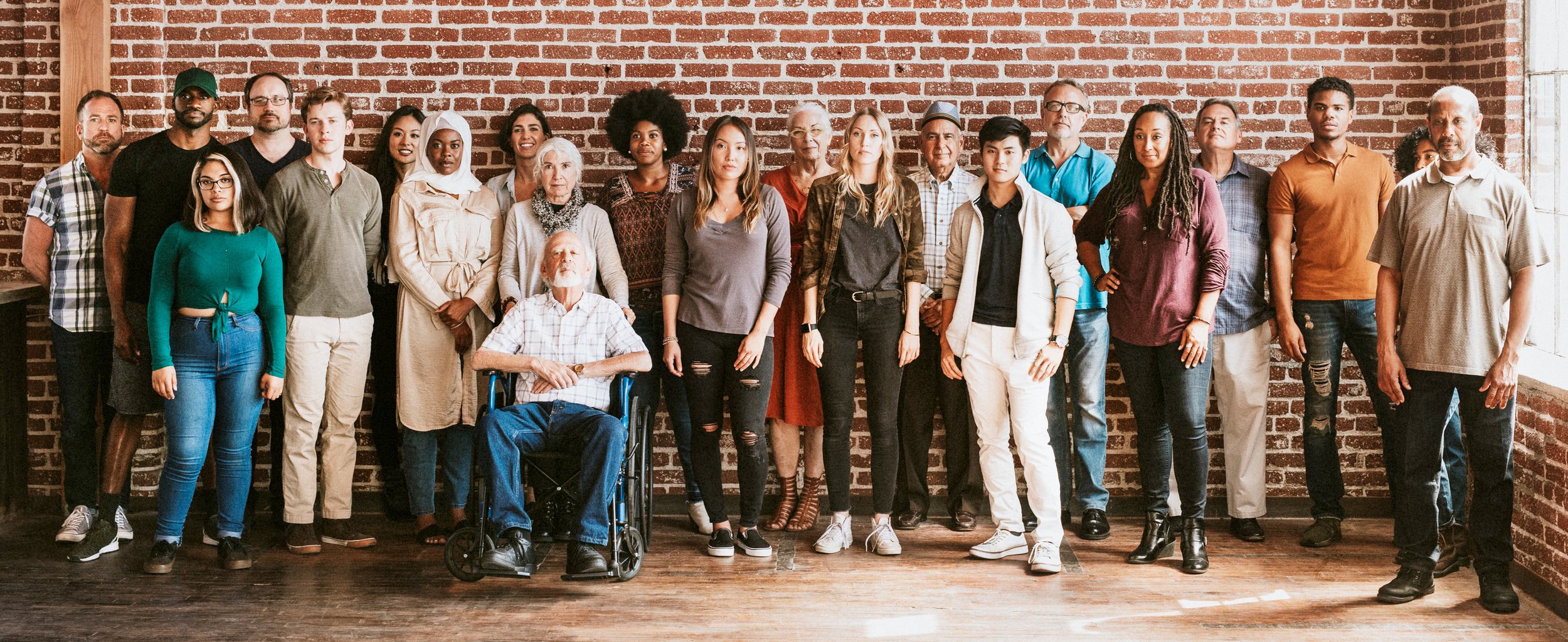
Moser Learning Blogs:
Guidance from Our Subject Matter Experts
Tags
- Acceptance
- Adversity
- Belonging
- Charity
- Coaching
- Community
- Compassion
- Conflict Management
- Continuous Learning
- Corporate Culture
- Customer Experience
- DEIB
- Data-Driven Learning
- Diversity
- EQ
- Education
- Emotional Disabilities
- Emotional Support
- Empathy
- Enhanced Utilization
- Equity
- Facing Adversity
- Fatherhood
- Gap Report
- Growth
- Handling Change
- Hiring
- Human Centric Skills
- Inclusion
- Intellectual Disabilities
- Job Benchmarking
- Job Candidates
- Job Standards
- Knowledge
- LMS
- LMS Reporting
- Leadership
- Learner Performance
- Learning
- Learning Management System
- Neurodivergent
- Neurodiversity
- Personalized Learning
- Philanthropy
- Problem Resolution
- Project Execution
- Project Management
- Project Outcomes
- ROI
- Resiliency
Empathy
Compassion, understanding, kindness, and care are all words that come to mind when we think of empathy. But these days it seems that we see less and less of that in our society. Maybe it’s social media. Maybe it’s our busy schedules or our seemingly declining mental health. Maybe we can even blame some of it on the lasting effects of the pandemic. Whatever it is, humans just don’t seem to have as much empathy for one another as they used to.
Neurodiversity
It’s a term we hear more often now. Neurodiversity. But what does it mean? There are many different and complicated definitions. Simply put, it’s a word used to describe the unique way a person’s brain works. Being neurodivergent means that your brain functions a little differently than someone with a neurotypical brain. This can mean anything from conditions like ADHD, cognitive delays, autism, dyslexia, or many other variations of the human brain.
Leadership
So often, we look at leaders as just being in their positions because that’s who they are - natural born leaders. They have the skills, they can “talk the talk, walk the walk”, and are meant to be where they are. Maybe there are some who have traits that make them feel more at ease in a leadership position. Throughout Moser Learning’s DISC training we discuss how high D styles tend to be go-getters, self-starters, and are highly competitive, making leadership roles a goal they set for themselves. That doesn’t mean someone with a different style can’t be a leader or that those with high D styles didn’t have to work hard to get where they are! When we look at leaders as having just arrived there, we dismiss the journey they took to get there. Or, as Dr.Seuss puts it in a much more amusing and poetic way, the “strange birds you’ll get mixed up with”. It brings to mind the iceberg image. Above the water we see their success. But below, we don’t see the failures, disappointments, late nights, rejection, sacrifice, and hard work.
Coaching
When it comes to professional coaching, the impact is no different. It can save careers, boost careers, make us leaders, and transform us into great leaders. Having the right coach makes all the difference. It’s a partnership that empowers individuals to unlock their full potential and achieve their professional goals, while impacting them personally. In the ever-evolving landscape of the professional world, coaching serves as a valuable compass, providing guidance and support to navigate challenges and capitalize on opportunities. A good coach can help you realize your strengths, face your challenges and conquer them, increase your self-awareness, grow your emotional intelligence, and so much more.
Leadership…A View from Behind the Curtain
What do you think of when you hear the word “leader” or “leadership”? For most people, we probably think of people like the president, the CEO of a company, or our supervisor. Maybe an outspoken celebrity comes to mind or someone who is innovative and breaking strides in a certain field. People who aren’t afraid to stand on the stage front and center, those who take charge, and call the shots. Sure, we want our leaders to be people we look up to, people who lead the way, people to get out there and show us how it’s done!
Diversity, Equity, Inclusion & Belonging Training: Unlocking the Potential of Your Organization
Diversity, Equity, Inclusion & Belonging (DEIB) has become a significant topic in the workplace. While it may seem like another buzzword, it is essential to recognize its importance for a successful workplace culture. Despite the complexities related to diversity issues, most candidates recognize the significance when researching a company and during the interview process. However, the question remains, how do organizations ensure progress towards DEIB is achieved? The answer lies in diversity and inclusion training to provide teams with the knowledge to create cohesive and positive work environments. This training allows companies to unlock the potential of their employees through greater awareness and understanding of how their actions may impact others.







